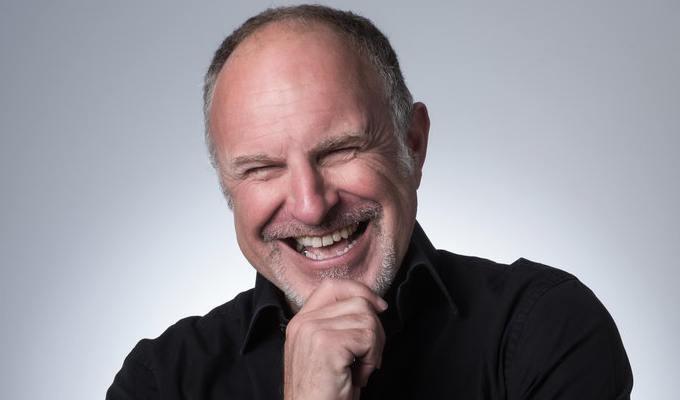BBC3 boss 'doesn't know what comedies he wants'
Says corporation producer
BBC Three controller Zai Bennett has no idea what comedy shows he wants to bring to his channel, according to a corporation insider.
Since taking over in March, Bennett has axed most of the channel’s comedy shows, including Ideal, How Not To Live Your Life, Lunch Monkeys and Two Pints Of Lager.
But he has no firm idea what he wants to replace them with, according to Jo Blake, a development producer at BBC Comedy North.
Blake told aspiring film and TV makers at the Cofilmic festival in Manchester that it was no bad thing, rather that Bennett was open to any good ideas to fill the BBC3 schedule.
She said: ‘Zai Bennett doesn’t know what he wants, so now is the time to pitch things.’
But she said there was an obvious gap in the schedules: ‘There aren’t any northern studio shows since we’ve lost Two Pints Of Lager, Coming Of Age and Ideal.’
The new comedy shows Bennett has announced so far include Billie Piper in domestic comedy Tom And Jenny, Sharon Horgan and Holly Walsh’s prison-based comedy Life Story, and Pramface, about two teenagers having a baby.
Panelists over the day agreed that writers and producers shouldn’t try to second-guess what commissioners wanted, but develop what they thought was funny.
Gill Isles, from top independent production company Baby Cow, said: ‘I used to hang on commissioners’ and channel controllers’ every word to see what they wanted – but I don’t think they know.’
However writer Andy Riley, whose credits range from Hyperdrive to Gnomeo and Juliet, did offer some insight into the commissioning process.
‘What a commissioner wants is everything except what the last person in that job wanted.’
He said: ‘My tip is to look at who’s new in a job and looking to make their own mark. But if someone’s there for five years, watch out.’
His co-writer Kevin Cecil said the most successful shows fell on the Venn diagram overlap ‘in one circle, things that channel controllers’ friends talk about at dinner parties, the Guardian writes about and win lots of awards; the other circle is what actually gets an audience.’
The panel also discussed how producers, commissioners and other broadcast executives liked to have their input on comedy shows, on both sides of the Atlantic.
Riley said: ‘Too often that process takes too many sharps edges off a good idea. Too often you end up writing to please executives, rather than making it funny.’
But he added writers shouldn’t say no ‘too quickly’ to ideas, in case they turn out to be useful – but instead consider all input.
Cecil added: ‘I believe most scripts can be made better, but if the agenda is that “we’ve done market research that people like to have best friends, so your character has to have a best friend” then that’s bollocks.’
From his side of the process, Comedy Central commissioner Pete Thornton added: ‘There is an art to doing it – and part of that art is knowing you might not be right.
‘Sometimes notes are too detailed, the best way to get the best out of people is to trust them, then people take responsibility.’
Riley said the worst piece of writing advice he had ever been given was from Stephen Sondheim. He said: ‘I was 19. He was giving a talk, and he said that while you could have lessons in how to play music, the only way to learn how to write is to write, which appealed to my notion of the lone writer.
‘So I just tried to write. But he couldn’t have been more wrong. I could have picked up things like three-act structure. Stephen Sondheim really set me back as a writer, as I could otherwise have listened and learned a bit about technique.’
Published: 1 Nov 2011





